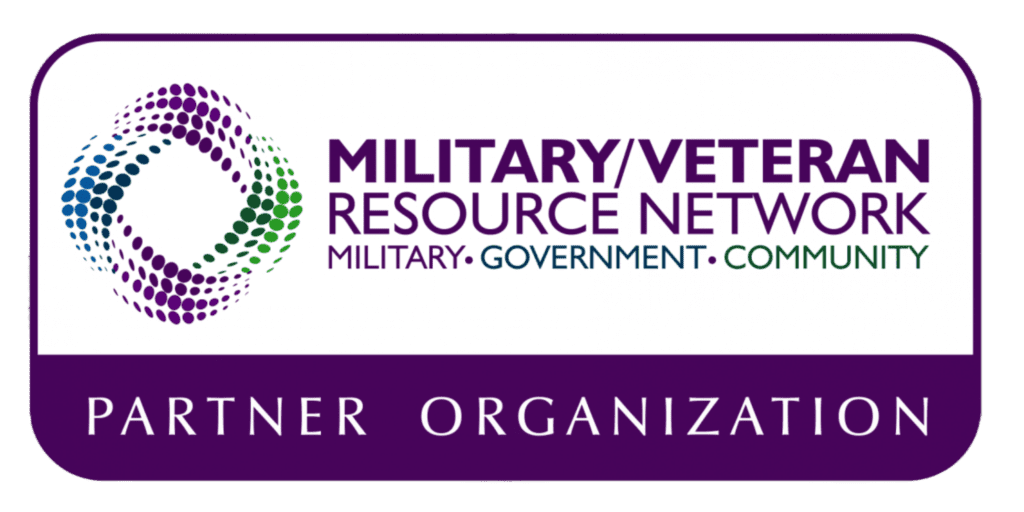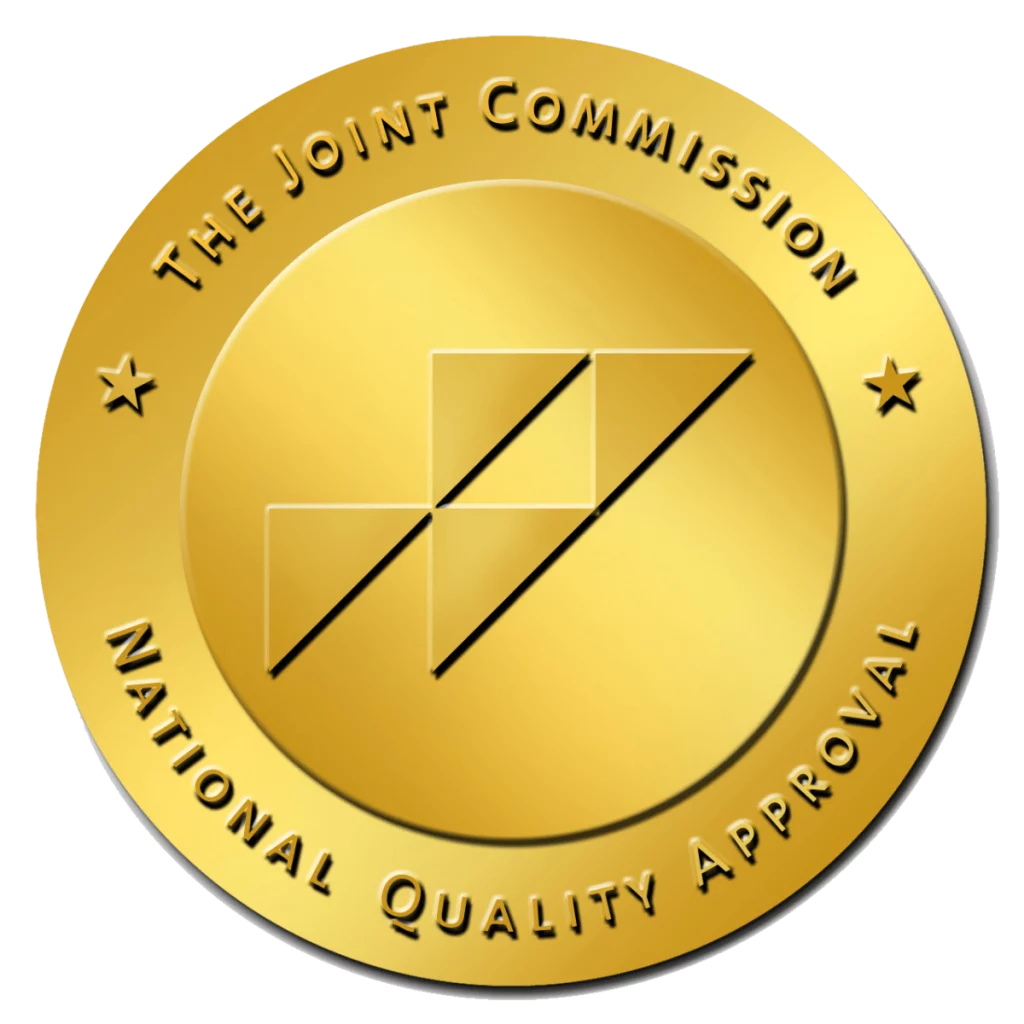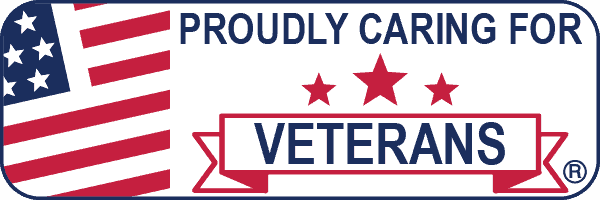Every individual in recovery from a drug or alcohol addiction needs to work each day to keep their sobriety. During recovery, each person will encounter triggers that could result in relapse. Knowing and understanding how triggers work and being aware of your personal triggers are critical aspects of safeguarding your recovery.
What Is a Trigger?
In addiction recovery, triggers are people, places, things, experiences, feelings, or events that a person associates with their drug or alcohol use. The trigger causes the person’s brain to experience a flashback to when they were in active addiction. It makes them crave their substance of choice. The craving can happen very quickly. Experiencing the intense urge for drugs or alcohol caused by the trigger can lead the person to relapse.
It is essential to keep in mind that while many triggers result from negative events or experiences, positive events or experiences can also trigger a relapse.
Two Types of Triggers: External & Internal
External triggers are particular locations, activities, things, people, places, objects, situations, smells, tastes, images, and events that make the person want to drink alcohol or use drugs.
Several examples of common external triggers include:
- People: Being around individuals who use drugs or alcohol can be a powerful external trigger for those in recovery.
- Places: Specific locations associated with past drug or alcohol use, such as bars, clubs, or old hangout spots, can trigger cravings.
- Social Events: Parties, celebrations, or gatherings where alcohol or drugs are present can be external triggers for individuals in recovery.
- Peer Pressure: Pressure from friends or acquaintances to engage in substance use can trigger cravings.
- Stressful Situations: High-stress situations like work-related stress, family conflicts, or financial problems can trigger cravings for substances or addictive behaviors.
- Advertisements: Exposure to advertisements for alcohol, tobacco, or unhealthy foods can trigger cravings and desires for these products.
- Access to Substances: Easy access to drugs, alcohol, or other addictive substances can be a significant external trigger.
- Sensory Cues: Sensory cues like the sight, smell, or taste of a substance can trigger cravings. For example, smelling alcohol or seeing drug paraphernalia.
- Celebrations and Holidays: Special occasions and holidays often involve social gatherings where alcohol or certain foods are present, potentially triggering cravings.
- Relationship Issues: Conflicts or difficulties in relationships can trigger the desire to use substances or engage in compulsive behaviors as a way to cope.
Although external ones are often powerful, many times they are avoidable. An individual usually has some control over external addiction triggers. For example, they can end relationships with certain people, purposefully avoid certain places, or not attend an event where a particular person will be.
Keeping substances out of the home is another way to control external triggers. Avoiding certain sensory memories, like of smells or sounds associated with substance use, is also important. Although it may require some significant life changes to avoid powerful triggers, the benefits make it well worthwhile.
What Is an Internal Trigger?
Internal triggers are emotions, feelings, thoughts, and memories that make the person want to use alcohol or drugs. It is more difficult to deal with internal triggers than with external ones. A person cannot always control internal triggers. For example, they may not be able to control their thoughts or how they feel. It is easier to avoid a particular person or situation than to avoid feeling angry, sad, or depressed. Sometimes it is impossible to avoid experiencing an emotion, change how you feel, or stop yourself from remembering a certain memory.
Emotions that act as internal triggers can be negative, positive, or neutral. Some of the most common internal triggers in addiction recovery are depression and anxiety, wanting to feel normal, increased levels of stress, overconfidence in sobriety, and excitement about positive life events.
Being aware of internal triggers and learning how to manage them requires close introspection and mindfulness. These triggers can vary from person to person, but here are some common examples:
- Stress: High levels of stress can trigger cravings for substances like cigarettes, alcohol, or unhealthy foods. Stress can also trigger compulsive behaviors such as nail-biting or skin-picking.
- Anxiety: Anxiety can lead to the desire to self-medicate with drugs, alcohol, or other substances. It can also trigger behaviors like overeating or excessive hand-washing.
- Depression: Feelings of sadness, hopelessness, or despair can trigger cravings for comfort foods, substances, or self-destructive behaviors as a way to cope with emotional pain.
- Boredom: When individuals are bored, they may engage in addictive behaviors like excessive video gaming, overeating, or shopping to fill the void and relieve feelings of restlessness.
- Loneliness: Loneliness can trigger the desire to connect with others, sometimes leading to overuse of social media, compulsive texting or calling, or even substance abuse to numb feelings of isolation.
- Physical Discomfort: Physical sensations such as pain, nausea, or fatigue can trigger cravings for painkillers or other substances that provide relief.
- Negative Self-Talk: Negative thoughts and self-criticism can trigger emotional distress, leading to addictive behaviors or self-destructive actions as a way to cope with those thoughts.
- Memories: Memories of past drug or alcohol use, particularly associated with positive experiences, can trigger cravings in individuals in recovery.
- Hunger: Low blood sugar or feelings of hunger can trigger cravings for sugary or high-fat foods, leading to overeating.
- Success and Celebration: Positive life events or accomplishments can sometimes trigger the desire to celebrate with substances like alcohol or drugs.
Emotions play a significant role in the process of recovery from various challenges, such as addiction, mental health issues, or traumatic experiences. Here are some key points about emotions in the context of recovery:
- Emotional Rollercoaster: Recovery can be a rollercoaster of emotions. People often experience a wide range of feelings, including fear, anger, sadness, frustration, and even joy. It’s important to recognize that these emotions are a natural part of the healing process.
- Emotional Triggers: Many individuals in recovery have emotional triggers that can lead to cravings or relapse. Identifying and managing these triggers is a crucial aspect of recovery. These triggers can be related to past trauma, stress, or specific situations.
- Emotional Awareness: Developing emotional awareness is essential. People in recovery often engage in therapy or counseling to better understand their emotions, how to identify them, and how to respond to them in a healthy way.
- Emotional Regulation: Learning to regulate emotions is a skill that can help individuals cope with the ups and downs of recovery. Techniques like mindfulness, meditation, and deep breathing exercises can be helpful in managing intense emotions.
- Support Systems: Having a strong support system can make a significant difference in recovery. Friends, family, support groups, and therapists can provide emotional support and guidance during challenging times.
- Self-Compassion: Recovery can be a difficult journey, and it’s important for individuals to practice self-compassion. Being kind and forgiving to oneself can help reduce shame and self-criticism, which are common barriers to progress.
- Mood Disorders: Many individuals in recovery also struggle with mood disorders like depression and anxiety. Treating these co-occurring disorders is crucial for long-term recovery.
- Relapse and Emotions: Relapse is a common part of the recovery process for many people. Emotions like guilt and shame often accompany relapse. It’s essential to view relapse as a setback rather than a failure and seek help and support to get back on track.
- Long-Term Recovery: As individuals progress in their recovery, they often experience more positive emotions like happiness, gratitude, and a sense of accomplishment. These emotions can reinforce the motivation to stay on the path of recovery.
- Individualized Approach: Every person’s emotional journey in recovery is unique. It’s important for individuals to work with professionals to develop an individualized treatment plan that addresses their specific emotional needs and challenges.
What to Do After Identifying your Triggers in Addiction?
Identifying your triggers in addiction is an important step in the recovery process, but it’s just the beginning. Once you’ve pinpointed the situations, emotions, or experiences that lead to your addictive behavior, you can take several actions to help you manage and overcome your addiction. Here are some steps to consider:
- Seek Professional Help:
- Consult with a healthcare professional or addiction counselor who can provide guidance and support tailored to your specific situation. They can help you create a personalized treatment plan.
- Develop Coping Strategies:
- Work with a therapist to develop healthy coping strategies for dealing with your triggers. This may include techniques such as mindfulness, deep breathing, or cognitive-behavioral therapy (CBT) to manage cravings and stress.
- Build a Support Network:
- Surround yourself with a strong support system, including friends and family who understand your challenges. You may also benefit from joining support groups like Alcoholics Anonymous or Narcotics Anonymous.
- Create a Relapse Prevention Plan:
- Develop a plan that outlines how you will respond when you encounter your triggers. This plan should include strategies for avoiding high-risk situations and what to do when you’re faced with them.
- Practice Self-Care:
- Prioritize self-care to improve your overall well-being. This can include regular exercise, a balanced diet, adequate sleep, and stress-reduction techniques.
- Remove or Minimize Triggers:
- To the extent possible, remove or reduce exposure to your triggers. This might involve changing your daily routine, avoiding certain people or places, or addressing underlying emotional issues.
- Explore Therapy Options:
- Consider various forms of therapy such as individual counseling, group therapy, or family therapy to address the root causes of your addiction.
- Set SMART Goals:
- Establish specific, measurable, achievable, relevant, and time-bound (SMART) goals related to your recovery. These goals can help you stay focused and motivated.
- Stay Accountable:
- Maintain open and honest communication with your support system. Accountability is crucial in addiction recovery, as it helps you stay on track and receive guidance when needed.
- Practice Patience:
- Recovery is a journey that may involve setbacks. Be patient with yourself and understand that relapses can happen. The key is to learn from them and continue moving forward.
- Engage in Healthy Activities:
- Replace addictive behaviors with positive, fulfilling activities. This can include hobbies, exercise, volunteering, or pursuing educational or career goals.
- Monitor Your Progress:
- Keep track of your progress and celebrate your successes, no matter how small they may seem. Regularly reassess your triggers and coping strategies to make adjustments as needed.
Do You Need Help?
If you or a loved one struggles with addiction to drugs or alcohol, you are not alone. Help is available. At Canyon Vista Recovery Center, located in Mesa, Arizona, you will learn the skills needed to gain sobriety. Using a combination of medical, clinical, psychiatric, and holistic approaches, our highly skilled professionals will help you heal your mind, body, and spirit.
Looking for alcohol rehab near Gilbert? Learn more about programs offered at Canyon Vista Recovery Center. Contact us at (888) 979-1840










